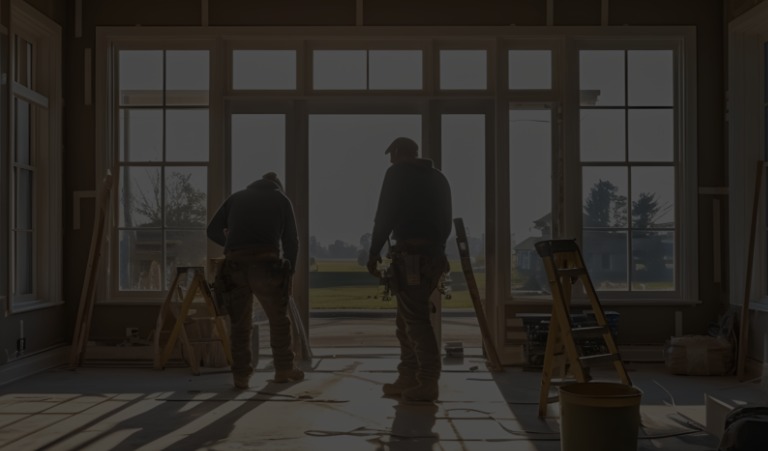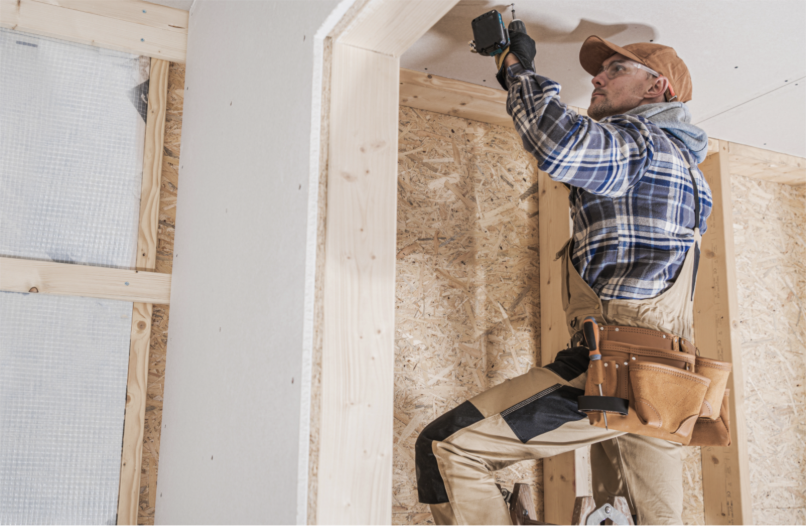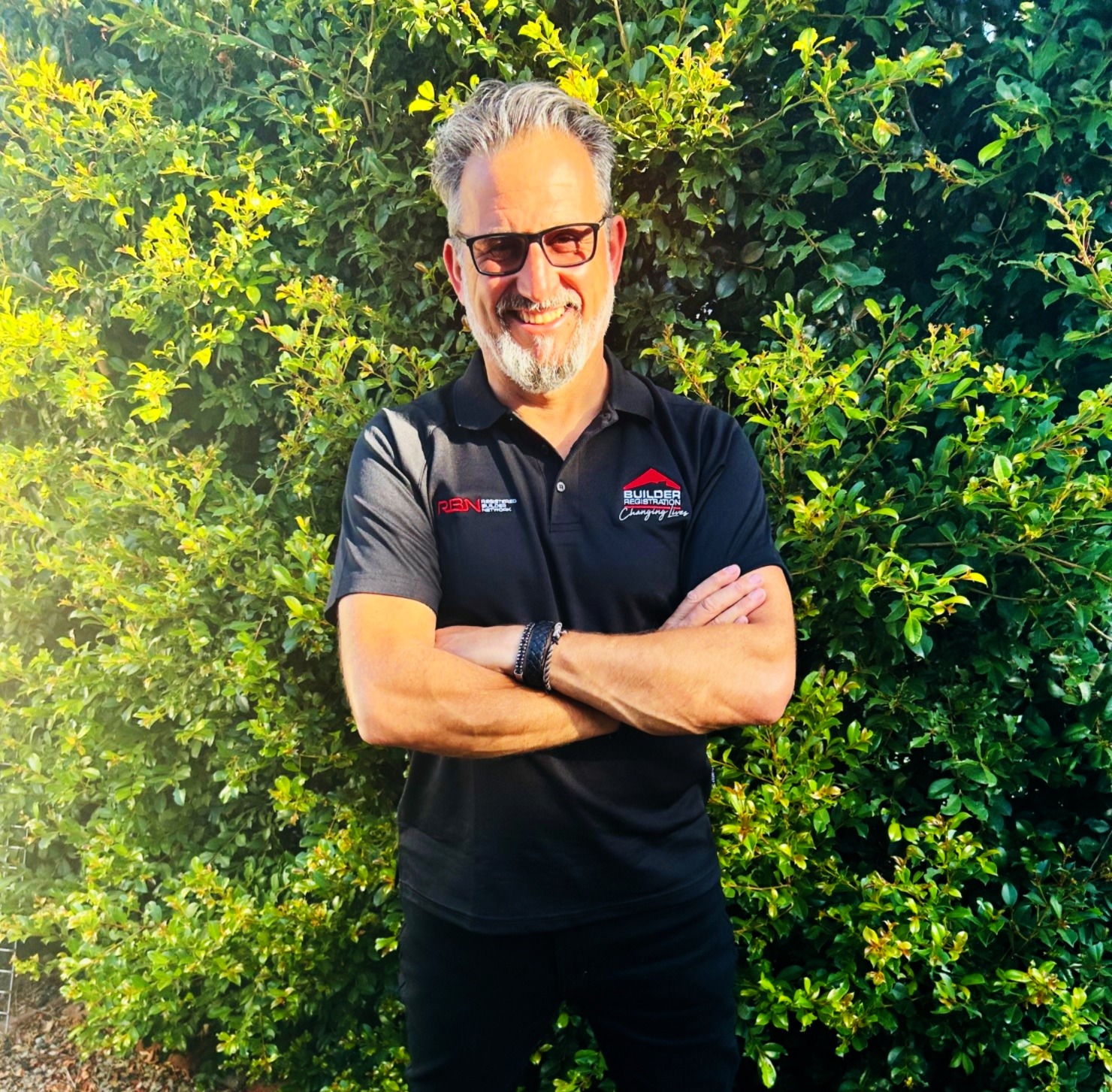Your Pathway to Commercial Builder Registration Without a Formal Qualification
Explore how to become a registered commercial builder in Victoria without a formal qualification, using your experience and skills to open new doors.

If you’ve been working as a skilled tradie or site supervisor, you might be asking yourself: Can I become a registered commercial builder without a formal qualification? The answer is yes, and your experience counts for more than you might think. In Victoria, there’s a recognised pathway that values what you’ve learned on the tools, not just in the classroom.
This blog breaks down how the process works, what you need to prepare, and how you can take the next step with confidence.
Can You Get a Commercial Builder Licence Without a Qualification?
Yes, you can! The Victorian Building Authority/ Building and Plumbing Commission (VBA/BPC) recognises that not all builders follow a traditional path. Maybe you started out on the tools, worked your way up, and built your knowledge through hands-on experience. If you can prove you’ve got the practical skills, industry knowledge and a solid understanding of what it takes to build safely and professionally, you’re eligible to apply for commercial builder registration.

How Does It Work?
The VBA/BPC allows you to use your practical experience to meet the registration requirements, no need for a formal education.
Here’s how it works:
1. Demonstrating Your Experience
You’ll need to clearly show your experience in commercial construction. This includes providing a portfolio of past projects, outlining your responsibilities on each job, and showing how you've applied your knowledge of building codes, regulations, and safety requirements. The VBA/BPC wants to see that you’ve done the work not just once, but consistently and competently.
2. Passing Interviews and Knowledge Checks
Rather than relying on formal qualifications, the VBA/BPC focuses on how well you understand real-world building practices. You’ll sit an interview and complete knowledge assessments where you’ll be asked to explain how you manage site safety, supervise trades, handle compliance issues, and maintain construction quality from start to finish.
3. Supplying Detailed Documentation
This is where many applicants underestimate the process. The VBA/BPC expects a high standard of documentation. You’ll need to submit:
- Project reports that reflect your commercial work
- Statutory declarations from industry professionals
- Site photos, plans, and permits
- References from supervisors, clients, or colleagues
- Evidence of compliance knowledge and site management
Every detail you submit helps build a case for your capability and professionalism.
4. Staying Across Updates
The VBA/BPC frequently updates its registration criteria, documentation standards, and assessment process, so it’s critical to stay informed. Missing even a small detail can delay your application or result in rejection.
That’s where Builder Registration comes in. We stay on top of every change, so you don’t have to. Our team has helped thousands of experienced tradies just like you navigate the paperwork, prepare the right documentation, and walk into their VBA/BPC interview ready to succeed.
If you’ve got the skills but not the formal qualifications, this pathway is your opportunity. And with the right support, it’s absolutely achievable.
Key Requirements for Commercial Builder Registration
To apply without a formal qualification, you must show that you have:
- Experience Managing Commercial Projects
The VBA/BPC wants evidence that you’ve worked on commercial building sites and taken on key responsibilities, whether that’s overseeing trades, coordinating timelines, managing subcontractors, or ensuring projects stay within budget and scope. It’s not just about being on site, it’s about showing leadership and accountability across multiple builds.
- Solid Understanding of the Building Act and Regulations
You’ll be expected to understand and apply the rules that govern commercial construction in Victoria, including the NCC, Building Act 1993 and Building Regulations 2018. This includes areas like permits, compliance, inspections, and reporting obligations. You don’t need to be a lawyer, but you do need to show you know the law well enough to stay compliant on the job.
- Proven Ability to Supervise and Manage Safety
The VBA/BPC will assess how well you manage site safety. That means showing how you identify hazards, implement control measures, and ensure your team follows safety protocols. You’ll need to explain how you’ve kept workers and the public safe on commercial builds, including your approach to WorkSafe compliance.
- Strong Technical Knowledge
Even if you don’t have a formal qualification, you’ll need to prove you understand how a commercial project comes together, from site set-up and excavation to structural works, fit-out, and final handover. The VBA/BPC is looking for practical, hands-on knowledge that shows you can deliver a job to code, on time, and to standard.

Steps to Get Started
1. Check Your Experience
Look at the projects you’ve worked on. Are they commercial (like offices, retail spaces, apartment blocks, or industrial buildings)? Think about:
- Your role in these projects
- How you managed safety and quality
- How you kept work within the Building Code and Australian Standards
2. Gather Supporting Evidence
When applying through the experience pathway, what you say you’ve done isn’t enough, you need to prove it. The VBA/BPC expects a high volume of supporting documents that clearly demonstrate your capabilities. This is where many applicants get caught out.
You’ll need to prepare a thorough portfolio that might include:
- Site photos showing different stages of your projects
- Project management plans and schedules
- Certificates of compliance, permits, and inspection reports
- References from employers, supervisors, or clients
- Any relevant training certificates, including short courses or site safety training
We can help with gaining this information with handy tips from years of experience.
Every project you include should be backed with as much detail as possible. The more complete and clearly organised your evidence is, the better your chances of success.
That’s why having expert support can make all the difference. At Builder Registration, we know exactly what the VBA/BPC looks for and where most applicants go wrong. We help you gather the right documentation, structure your portfolio correctly, and avoid costly mistakes that could delay or derail your application.
3. Understand the Interview Process
Like all aplicants go through this., you’ll need to attend an interview with a VBA/BPC assessor. The assessor will check that your experience meets the commercial builder standards. They will ask questions about your past projects, safety practices, and knowledge of the building regulations.
For more on the interview stage, read our blog: The Interview Stage Explained: How to Confidently Present Yourself to the VBA/BPC.
4. Fill in the Application Carefully
The VBA/BPC application form asks for detailed information. Be clear and honest. Include as much detail as possible to help the assessor understand your experience.
Tips for a Strong Application
Be Clear and Specific: Don’t assume the assessor knows your experience. Spell it out in simple, direct language.
Use Real Examples: When explaining your experience, focus on real projects and what you did on them.
Don’t Leave Gaps: If there are gaps in your experience, explain why (for example, if you took time off or worked in another role).
Show a Commitment to Learning: Even if you don’t have a formal qualification, show that you keep your skills up to date.
Be Honest: Don’t exaggerate your experience. The VBA/BPC values honesty and will check your claims.
Maintain Professionalism: Don’t try to “school” the assessor, act arrogantly, or attempt to show them up if you believe they are wrong—remain respectful and professional at all times. (reword)
Moving Forward with Confidence
If you’re more familiar with tools than textbooks, it’s normal to feel unsure, but your experience is your strength. The VBA/BPC values hands-on knowledge, and if you can clearly explain what you’ve done and how it meets their standards, you’re in a strong position to succeed.
If you want guidance through the process, we’re here to help as we know most of the assessors' styles, questions, and idiosyncrasies. From building your application to preparing for the interview, we’ll make sure you know exactly what the VBA/BPC expects.
Check whether you’re eligible for a commercial builder's licence here.
Don’t Worry, You’ve Got This
If you’ve been working in commercial building for years and want to take the next step, don’t let a lack of formal study hold you back. With the right preparation and evidence, you can show the VBA/BPC that you’re ready to be a registered commercial builder. Your experience is your strength: trust it, prepare well, and present yourself confidently.


